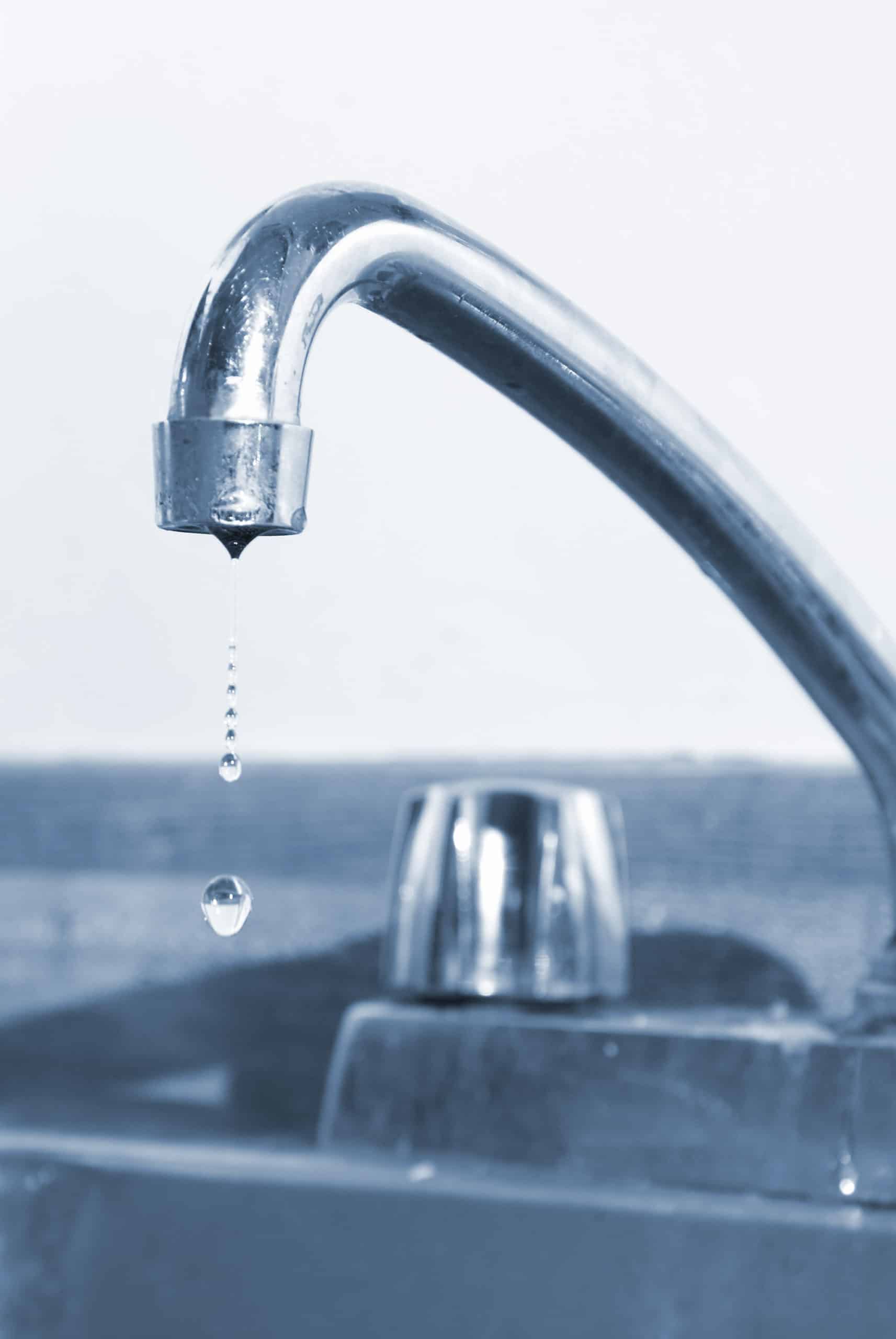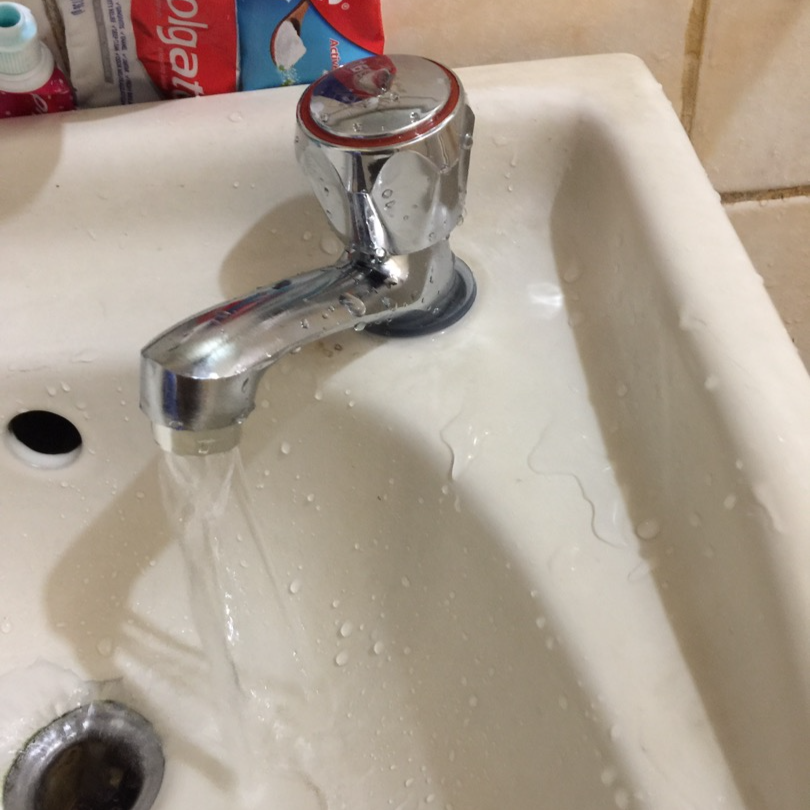The Significance of Correcting a Broken Faucet
The Significance of Correcting a Broken Faucet
Blog Article
What're your ideas on What Causes Leaky Faucets & How To Fix Them?

Trickling taps might feel like a minor trouble, yet their effect surpasses just the inconvenience of the audio. From drainage to sustaining unnecessary monetary costs and wellness threats, disregarding a trickling tap can bring about various effects. In this short article, we'll delve into why it's critical to resolve this usual house problem without delay and effectively.
Wastefulness of Water
Environmental Influence
Dripping taps contribute considerably to water waste. According to the Environmental Protection Agency (EPA), a solitary faucet trickling at one drip per secondly can waste greater than 3,000 gallons of water per year. This not just stress water sources but also impacts ecological communities and wild animals based on them.
Financial Expenses
Raised Water Costs
Past the environmental effect, leaking faucets can pump up water costs significantly. The gathered waste in time converts into greater energy expenses, which might have been stayed clear of with prompt fixings.
Possible Home Damage
Moreover, long term leaking can cause damage to fixtures and surface areas bordering the faucet. Water build-up can cause staining, corrosion, and also structural problems if left unattended, causing extra repair prices.
Wellness Problems
Mold And Mildew and Mold Growth
The constant existence of moisture from a dripping tap develops an ideal atmosphere for mold and mold growth. These fungi not only endanger interior air quality but likewise position health and wellness dangers, especially for individuals with breathing conditions or allergies.
Waterborne Diseases
Stationary water in trickling taps can become a breeding place for germs and other virus, boosting the risk of waterborne illness. Pollutants such as Legionella bacteria grow in stagnant water, possibly causing severe diseases when ingested or breathed in.
Do it yourself vs. Expert Repair
Pros and Cons of DIY Repair
While some might attempt to fix a trickling faucet themselves, DIY repair services include their very own collection of difficulties. Without correct expertise and tools, do it yourself attempts can aggravate the problem or lead to incomplete fixings, prolonging the issue.
Advantages of Working With a Professional Plumber
Employing an expert plumber makes sure that the underlying source of the dripping faucet is attended to properly. Plumbings possess the experience and devices to identify and fix faucet issues effectively, conserving time and lessening the risk of further damage.
Step-by-Step Overview to Repairing a Dripping Faucet
Devices Required
Prior to attempting to deal with a leaking faucet, collect the required devices, consisting of an adjustable wrench, screwdrivers, substitute parts (such as washers or cartridges), and plumber's tape.
Usual Tap Issues and Their Solutions
Determine the kind of faucet and the particular concern triggering the drip. Typical problems consist of worn-out washers, rusty valve seats, or malfunctioning O-rings. Refer to manufacturer guidelines or on-line tutorials for step-by-step support on repairs.
Safety nets
Regular Maintenance Tips
To stop leaking taps, carry out routine maintenance such as cleansing aerators, examining for leaks, and changing damaged components promptly. Furthermore, think about mounting water-saving devices or updating to extra efficient fixtures.
Value of Prompt Fixes
Resolving trickling faucets as soon as they're seen prevents further water wastage and prospective damage, ultimately saving both water and cash in the future.
Effect On Home Value
Assumption of Well-Maintained Residential Or Commercial Property
Preserving a residential property in good condition, including resolving upkeep problems like trickling taps, enhances its perceived worth and worth amongst possible customers or lessees.
Influence on Resale Value
Characteristics with well-kept plumbing components, including taps, command greater resale values in the realty market. Dealing with trickling taps can add to a positive impression throughout residential or commercial property examinations and arrangements.
Ecological Obligation
Private Contribution to Conservation
Taking obligation for taking care of leaking faucets straightens with more comprehensive initiatives toward water conservation and environmental sustainability. Every individual's actions collectively make a significant effect on protecting precious resources.
Lasting Living Practices
By prioritizing prompt fixings and taking on water-saving routines, individuals add to sustainable living techniques that profit both present and future generations.
Verdict
Resolving a dripping tap exceeds mere comfort; it's a necessary step toward saving water, reducing financial prices, and safeguarding wellness and home. Whether with DIY fixings or expert aid, acting to deal with trickling faucets is a tiny yet impactful way to promote responsible stewardship of sources and add to a much healthier, a lot more lasting future.
How to Fix a Leaky Faucet: Step-by-Step Repair Guide
A leaky faucet may seem like a simple annoyance, but if it's not fixed promptly, that leak could cost hundreds to potentially thousands. From water damage to mold, mildew, and high water bills, even a tiny leak can be catastrophic if left unattended. Damage like this can even affect the overall value of your home, so it's important to take the right approach for leaky faucet repair. You may need the help of a plumber in some cases, but we've got a few tips you can try on how to fix a leaky faucet before calling the pros.
Four Faucet Types
When you're learning how to fix a leaky faucet, the first step is knowing what kind of faucet you're working with! There are four common types.
Cartridge Faucets
Cartridge faucets come in one- or two-handled varieties. In one-handled cartridge faucets, hot and cold water combines in a single cartridge. In the two-handled versions, hot and cold water are controlled separately and mixed in the faucet.
Ball Faucets
Ball faucets have a single lever you push up and down to adjust the pressure and rotate to change the temperature. A slotted metal ball controls the amount of water allowed into the spout.
Compression Washer Faucets
They're the oldest type of faucet, but they're still used in many homes — especially older ones. Compression faucets have two separate handles that, when turned, raise or lower the washer that seals a water valve. This valve stops water from flowing through the faucet when it is turned off.
Disc Faucets
Disc faucets rarely need to be repaired due to their maintenance-free design. The water flow is controlled by two discs — the upper one raises and lowers against a fixed lower disc, creating a watertight seal. If your disc faucet starts leaking, you may need to replace the seals or clean residue buildup from the inlets.
Fixing a Leaky Faucet
Step 1: Turn Off the Water
Whether you're learning how to fix a leaky bathtub faucet or how to fix a leaky kitchen faucet, always turn off the water supply to your working area when you're fixing a leak. The last thing you want is a flood added to your list of things to fix.
Look for the shutoff valves below your sink or around the tub and turn them clockwise to stop the water flow. If your faucet doesn't have shutoff valves, you may need to turn off the water for the whole house. Check to make sure it's off by turning the faucet on. If nothing comes out, you're ready to start the repair.
Step 2: Take Apart the Faucet
How you disassemble your faucet depends on the type of fixture you have. You can use a flathead screwdriver to remove the caps on top of the handle or handles for cartridge and compression faucets. Inside, you should see handle screws. Unscrew these with a screwdriver to remove the handle.
Disc- and ball-style faucets will typically have an inlet screw near the handle, and removing that will reveal the interior of the faucet.
Detach the Valve Stem
For cartridge- and compression-style faucets, you'll see the inner valve stem or cartridge once you remove the faucet handles. If you have a compression faucet, unscrew the brass valve stem. If you have a cartridge faucet, pull out the cartridge. If your cartridge has been in place for a while, it may require some tools or extra force to remove it due to mineral deposits.
Examine and Replace Parts
Once you've removed the parts, check them out to confirm what needs to be replaced. You may see corroded rubber washers, O-rings, stems, or cartridges. On a ball-style faucet, check the seats and springs for damage.
If you need to repair a leaky disc faucet, check the inlet and seals on the lower disc.
Once you determine what parts must be replaced, visit your local hardware store. Bring the damaged parts with you to ensure you can purchase the correct components to replace them.
Clean Valves and Faucet Cavity
If you've removed a stem or cartridge, you may notice mineral buildup in the faucet's threads. Use white vinegar to clean the valve seat by soaking it for a few minutes, then scrub it away with a soft toothbrush and rinse with warm water. You can also clean the interior of the faucet in the same way.
Reassemble the Faucet
Once your faucet is cleaned and the required parts have been replaced, it's time to reassemble it. Put the pieces back together and slowly turn the water supply back on. Doing this slowly is crucial because too much initial water pressure can damage the new hardware you've just installed.
https://homewarranty.firstam.com/blog/how-to-fix-leaky-faucet

As an avid reader about What Causes Leaky Faucets & How To Fix Them, I think sharing that article post was a smart idea. Do you know another person who is curious about Why Are My Faucets Dripping (And Can I Fix It Myself)?? Take a moment to share it. We appreciate reading our article about .
Report this page